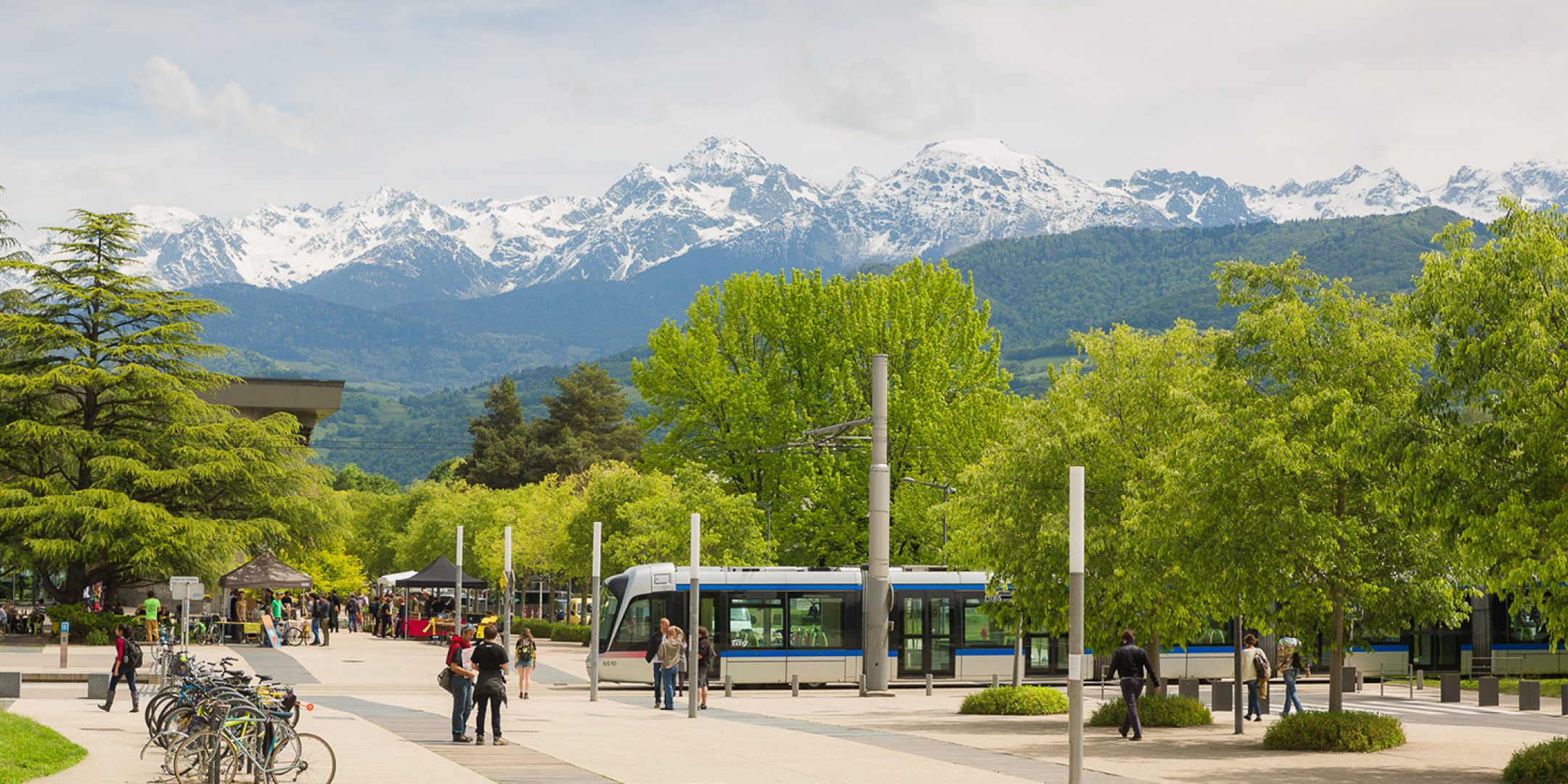Locations
Locations Detail
The Grenoble Alpes region is one of the most important research, technology, and innovation hubs in Europe, and one of the most dynamic industrial areas in France with the highest concentration of Research and Development jobs. Grenoble has developed as an important university and experimental research center since the mid-twentieth century, when Physics Nobel Prize winner Louis Néel led the creation of the Grenoble Nuclear Research Centre (CENG, later CEA-Grenoble) in 1956; the French National Centre for Scientific Research (CNRS) was established in Grenoble in 1962; and the world-leading neutron research facility, Institut Laue-Langevin (ILL), was installed in 1967. Other major European institutions followed, including the European Molecular Biology Laboratory’s site in France (EMBL Grenoble) in 1975, the Institute for Millimetric Radio Astronomy (IRAM) in 1979, and the European Synchrotron (ESRF) in 1988.
Université Grenoble Alpes stands out for its close collaboration with higher education institutions, research bodies, and major European and international research infrastructure. The Université Grenoble Alpes has been named an “excellence initiative,” because of the synergies of its laboratories shared with the French Alternative Energies and Atomic Energy Commission (CEA), the French National Centre for Scientific Research (CNRS), the French National Institute for Research and Digital Science and Technology (Inria), the French National Institute of Health and Medical Research (Inserm), the French National Research Institute for Agriculture, Food and Environment (INRAE), the Grenoble Alpes University Hospital (CHU Grenoble Alpes), and the French National Research Institute for Sustainable Development (IRD). Candidates are eligible to apply to all departments of the University and to its affiliated laboratories and institutes.
Areas of Interest
Projects are sought in all disciplines.
More information: https://fulbrightscholars.org/award/fulbright-universite-grenoble-alpes-award

